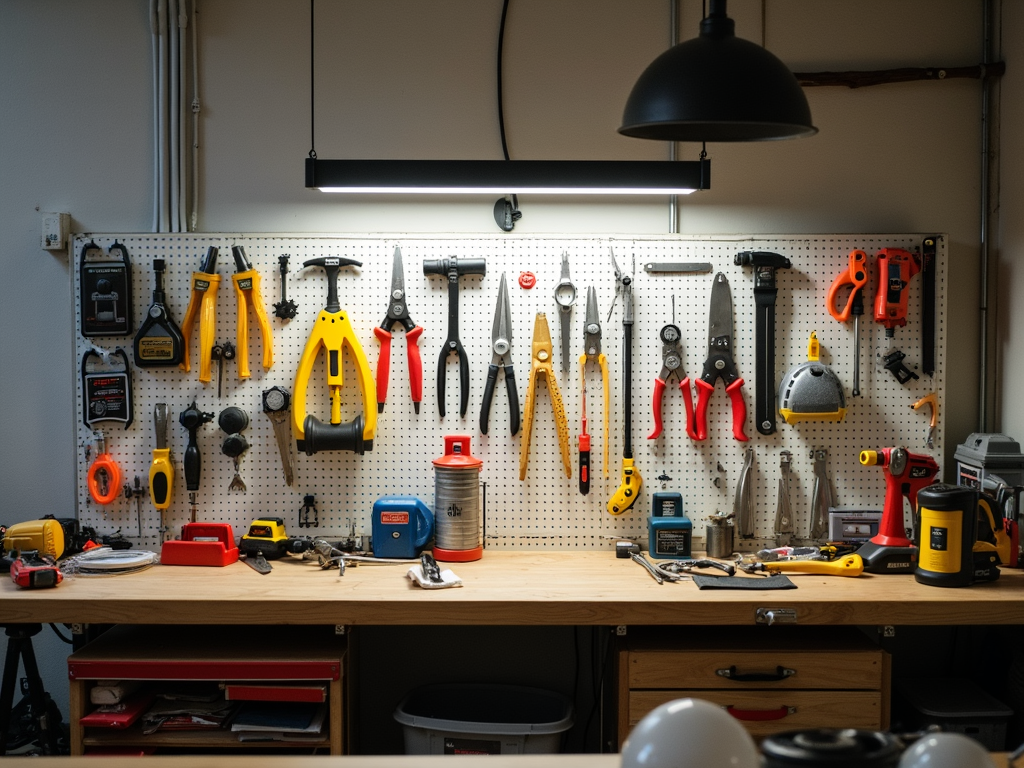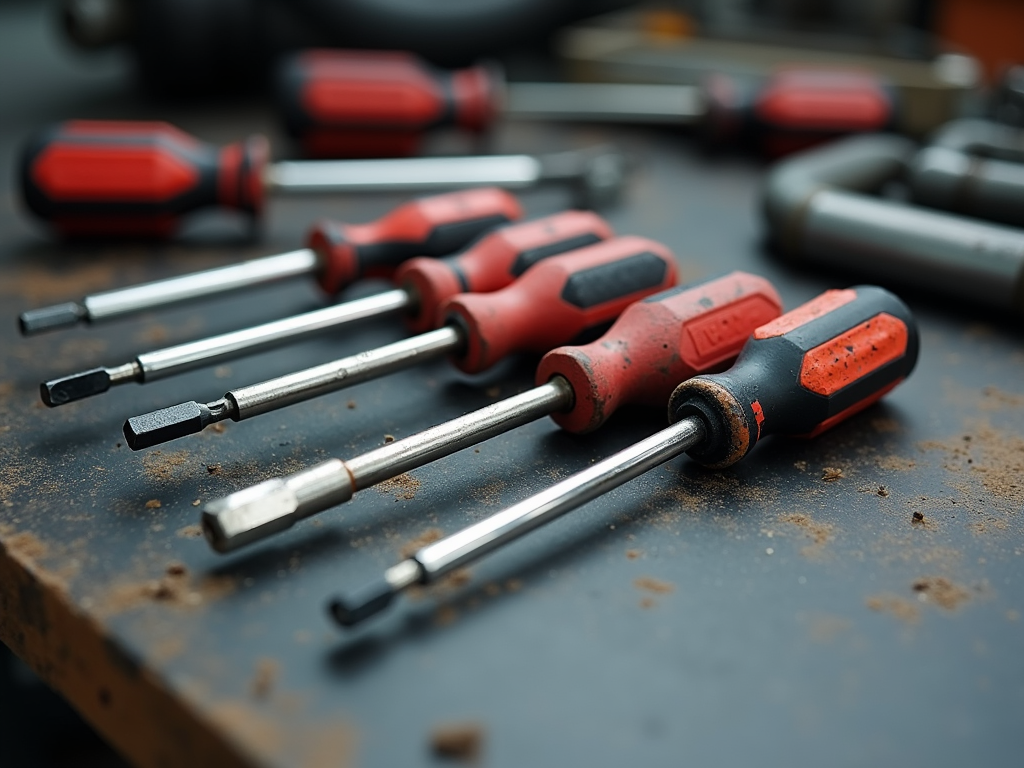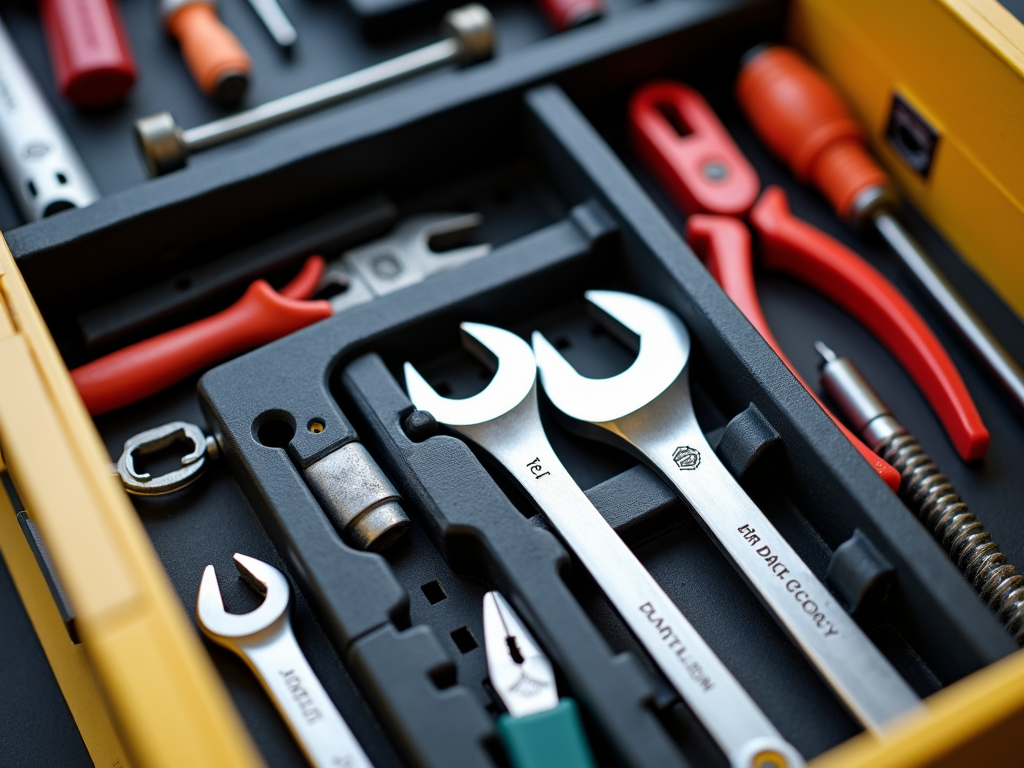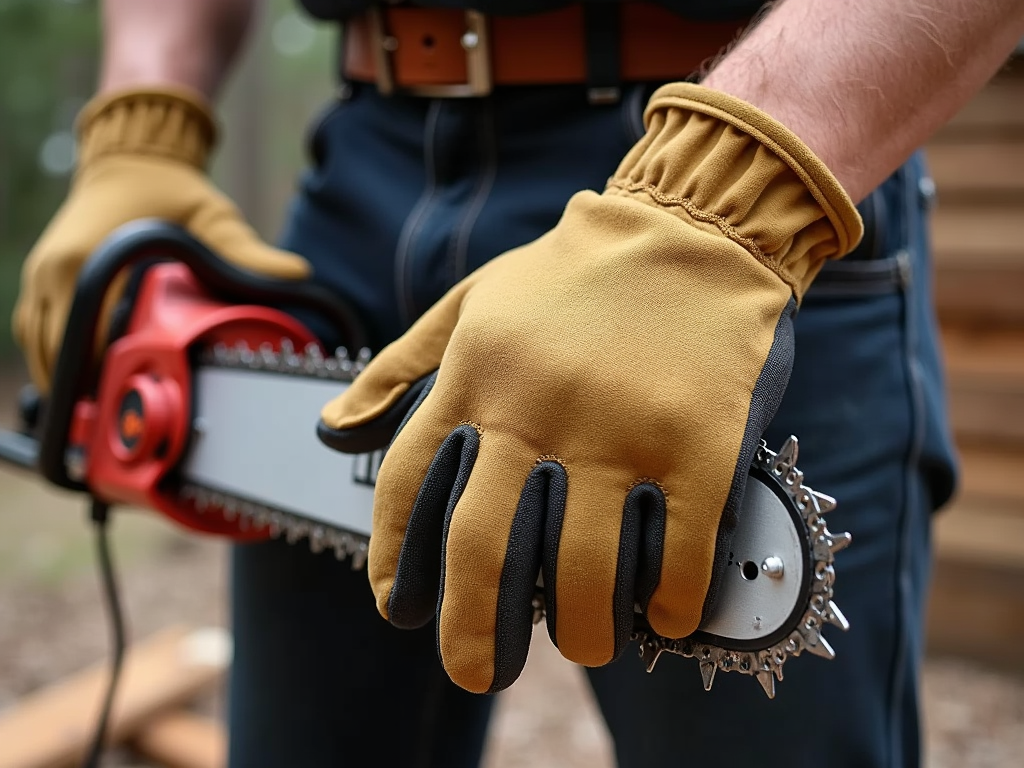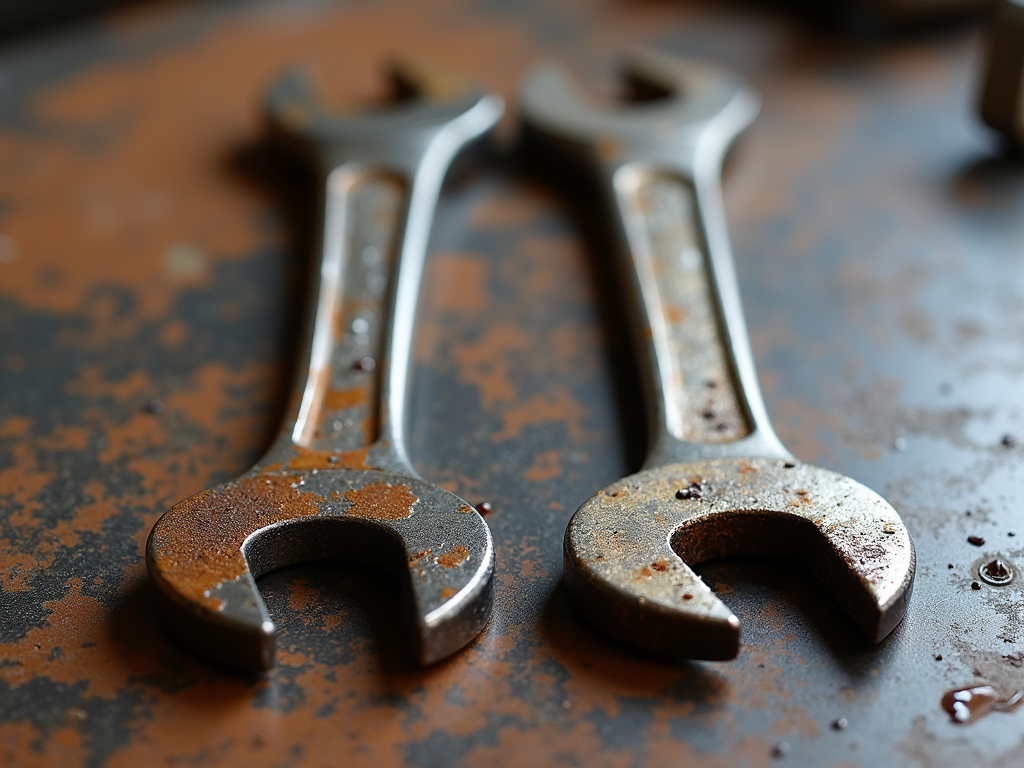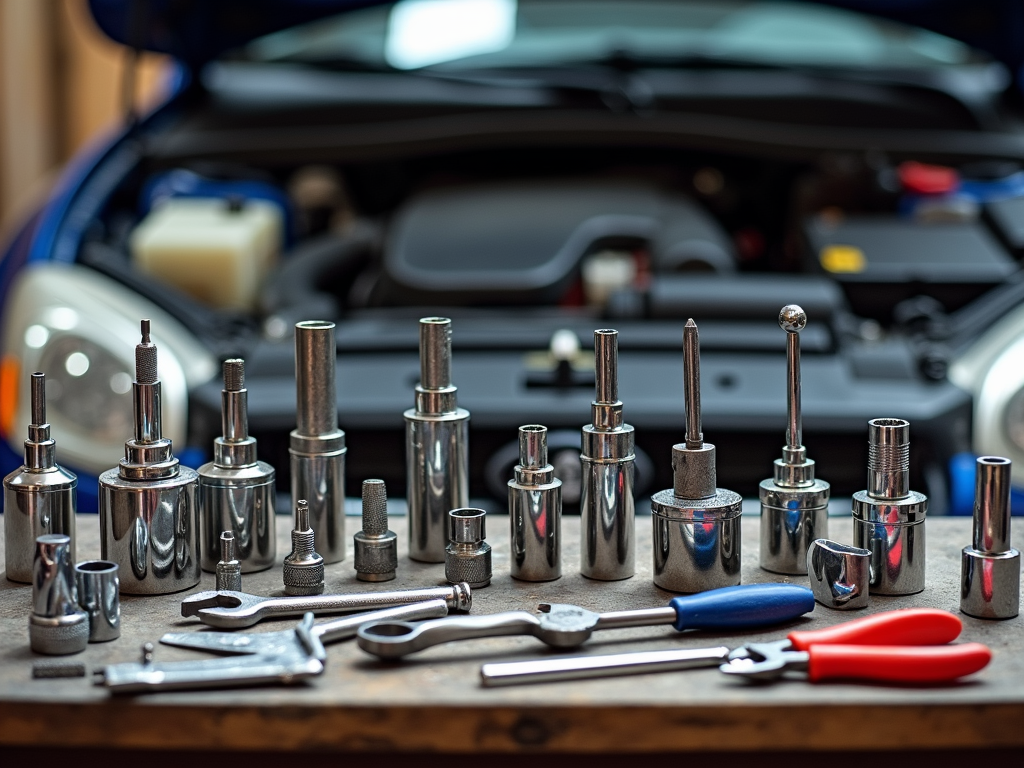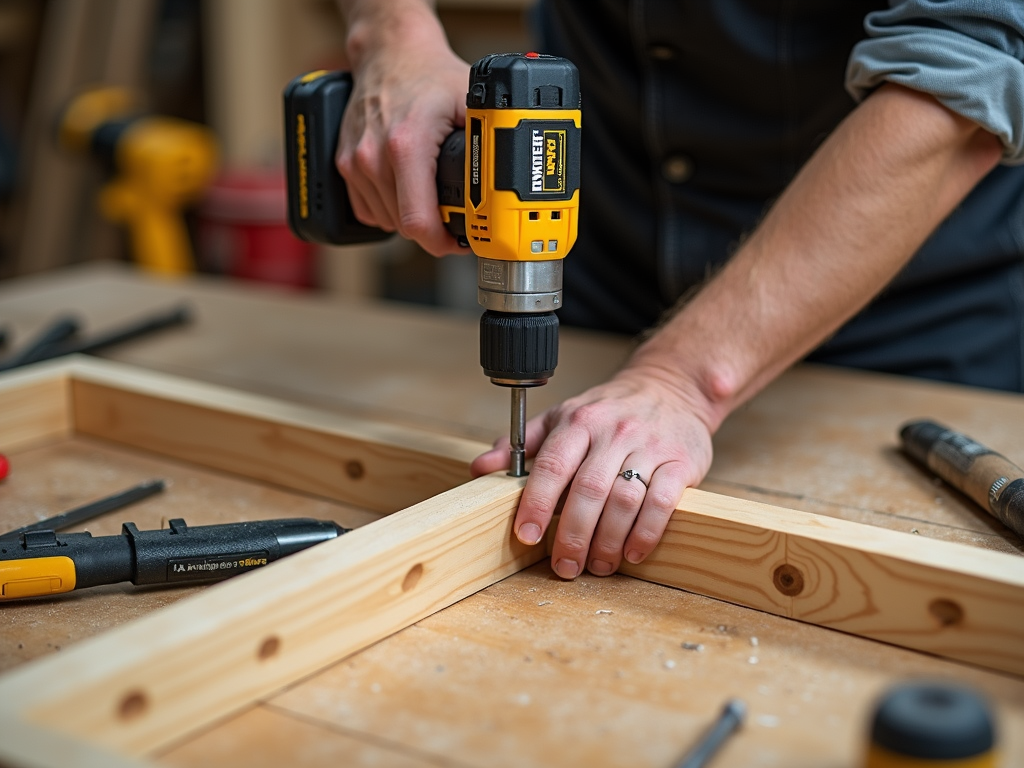Overview:
Workman tools are the backbone of any automotive repair project, whether you're a professional mechanic or a DIY enthusiast. From wrenches to woodworking tools, having the right equipment can make all the difference. In this guide, we'll explore the essential workman tools for automotive repair, share personal insights, and provide actionable tips to help you get the most out of your toolkit.
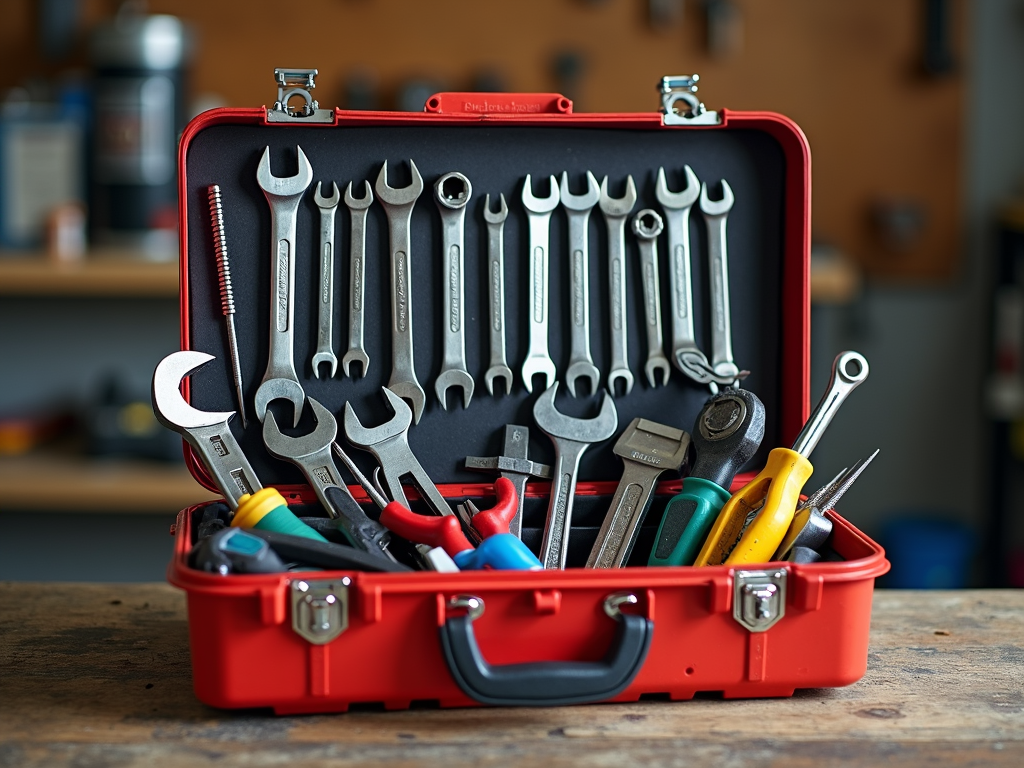
Understanding Workman Tools for Automotive Repair
Workman tools for automotive repair encompass a wide range of equipment designed to help you tackle everything from simple maintenance tasks to complex engine overhauls. These tools are built to withstand the rigors of daily use, offering durability and precision. But what exactly makes a tool a 'workman' tool? Typically, these are high-quality, reliable tools that professionals trust to get the job done right.
Types of Workman Tools
When it comes to automotive repair, certain tools are indispensable. Here's a breakdown of the must-have workman tools for your garage:
- Wrenches and Socket Sets: Essential for loosening and tightening bolts and nuts. A good set should include both metric and standard sizes.
- Screwdrivers: From flathead to Phillips, having a variety of screwdrivers is crucial for dealing with different types of screws.
- Pliers: Needle-nose, slip-joint, and locking pliers are all useful for gripping, bending, and cutting.
- Hammers and Mallets: For when you need to apply force, whether it's driving in a nail or loosening a stubborn part.
- Diagnostic Tools: OBD-II scanners and multimeters help you identify and troubleshoot issues with your vehicle's electrical systems.
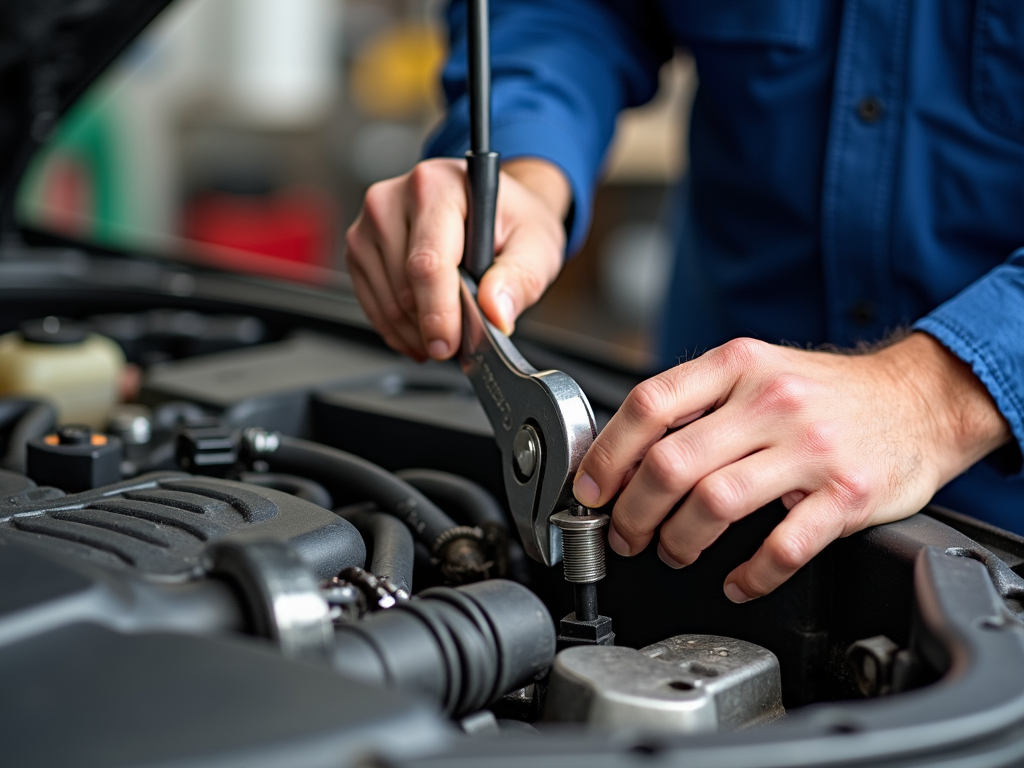
Choosing the Right Tools
Selecting the right workman tools for automotive repair can be overwhelming, especially with so many options available. Here are some tips to help you make the best choice:
- Quality Over Quantity: Invest in high-quality tools that will last longer and perform better. Brands like Craftsman, Snap-on, and DeWalt are known for their reliability.
- Consider Your Needs: Think about the types of repairs you do most frequently. If you work on older cars, you might need more specialized tools.
- Ergonomics: Tools that are comfortable to hold and use can reduce fatigue and improve efficiency. Look for tools with ergonomic handles and designs.
Personal Insights: My Experience with Workman Tools
As someone who's spent countless hours under the hood, I can attest to the importance of having the right tools. One of my go-to tools is a good set of ratcheting wrenches. They save time and effort, especially in tight spaces. Another favorite is my cordless impact wrench—it's a game-changer for removing stubborn lug nuts. Over the years, I've learned that investing in quality tools pays off in the long run. They not only make the job easier but also help prevent damage to your vehicle.

Maintaining Your Tools
Proper maintenance is key to ensuring your workman tools last a lifetime. Here are some best practices:
- Clean After Use: Wipe down tools with a clean cloth to remove grease and grime.
- Store Properly: Keep tools in a dry, organized toolbox or cabinet to prevent rust and damage.
- Regular Inspections: Check for wear and tear, and replace any damaged tools promptly.
- Lubrication: Apply a light coat of oil to metal parts to prevent rust.
Workman Tools for Woodworking
While this guide focuses on automotive repair, it's worth noting that workman tools are also essential for woodworking. Tools like chisels, saws, and planes are crucial for crafting and repairing wooden components. If you're interested in expanding your toolkit for woodworking projects, consider investing in a good set of woodworking tools. They can be a great complement to your automotive repair tools, especially if you enjoy DIY projects around the house.
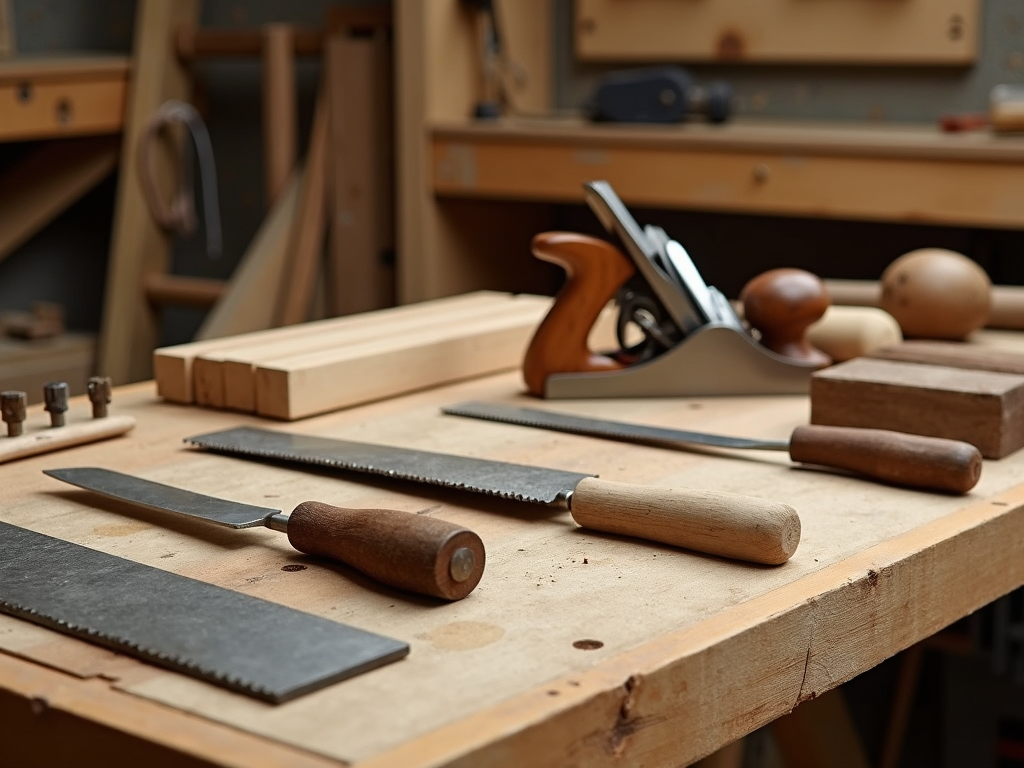
Actionable Tips for Using Workman Tools
To get the most out of your workman tools, keep these tips in mind:
- Safety First: Always wear appropriate safety gear, like gloves and eye protection, when using tools.
- Right Tool for the Job: Using the correct tool for the task at hand can prevent damage to both the tool and the vehicle.
- Stay Organized: Keep your workspace tidy to avoid losing tools and to work more efficiently.
- Continuous Learning: Stay updated on new tools and techniques by reading industry blogs and watching tutorial videos.
Summary
Workman tools are indispensable for anyone involved in automotive repair. From wrenches to diagnostic tools, having the right equipment can make your projects more efficient and enjoyable. By choosing quality tools, maintaining them properly, and using them safely, you can ensure they serve you well for years to come. Whether you're a seasoned mechanic or just starting out, investing in a good set of workman tools is a decision you won't regret.
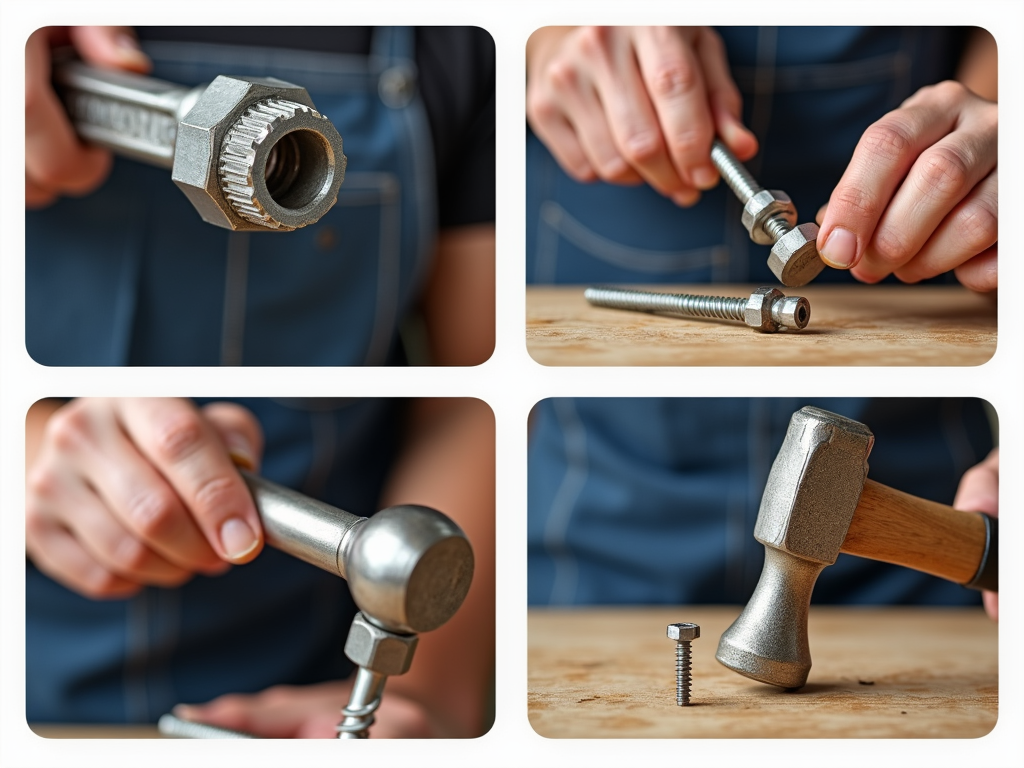
Related workman tools for automotive repair:
- Top 10 Must-Have Tools for Every DIYer
- Introduction to Automation Technologies: A Comprehensive Guide
- 10 Tips for Organizing Your Workshop
- Essential Screwdrivers for Mechanics: A Complete Guide
- Top Maintenance Tips for Extending Tool Lifespan
- Best Safety Gear for Power Tool Users: A Comprehensive Guide
- How to Maintain Your Tools for Longevity
- The Ultimate Guide to Tool Sets for Automotive Repairs
- Safety Gear Essentials for Every Workman
- How to Choose the Best Paint Color for Your Room
- Workshop Organization Made Simple
- The Ultimate Guide to Advanced Workman Tools for Professionals


